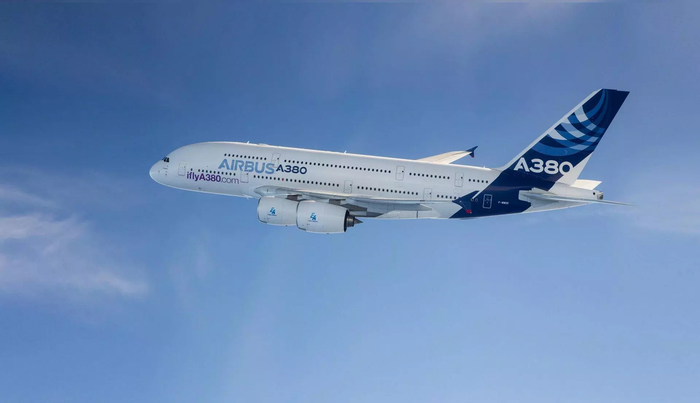
Connects decision-makers and solutions creators to what's next in quantum computing
Quantum Computing Shows Airport Gate Optimization Potential
IonQ and DESY develop a quantum algorithm that reduces gate travel time and increases departure numbers

Quantum computing company IonQ and German national research center Deutsches Elektronen-Synchrotron (DESY) have demonstrated how quantum technologies could solve complex airport gate optimization problems.
IonQ and DESY explored how inbound and outbound flights could be better matched. This could reduce the time travelers spent going from arrival to departure gates and the time planes sit idle at gates before taking off again, thus increasing the number of flights each gate can service in a day.
They used a technique called logarithmic-linear encoding to execute flight-gate optimization algorithms (a combinatorial optimization problem) on IonQ’s Aria trapped-ion quantum computer. Aria features 25 algorithmic qubits (#AQ 25), which is an application-based benchmark that works differently from other qubit measurements.
In one example, the team used Aria to show how best to cycle nine flights through four gates, a problem with 36 variables.
IonQ plans to run future algorithms on its next-generation IonQ Forte quantum computer (#AQ 35) and upcoming IonQ Tempo (target #AQ 64). These will be capable of handling more variables to meet the optimization needs of a local European airport.
“The results of our work with DESY are indicative of the real-world value quantum computers can deliver when addressing optimization problems that factor dozens of variable scenarios,” said Peter Chapman, CEO and president of IonQ.
“Optimization problems are ubiquitous across all industries, including manufacturing, logistics, finance, pharma, and more. Quantum computing presents a huge opportunity for businesses to innovate across this problem space and remain at the forefront of innovation, tackling problems once deemed unsolvable.”
According to IonQ, the results demonstrate quantum computing’s potential as a more effective solution than traditional classical computing when tackling equations with multiple variables in a dense environment, such as a bustling airport.
“We are pleased by the initial results we’re seeing in running quadratic assignment problems across IonQ’s quantum hardware and our collaboration with the IonQ team,” said head of DESY’s center for quantum technology and applications Karl Jansen.
“The learnings gathered here can easily apply to other research and industries where the presence of multiple variables creates too complex of a problem for classical systems to handle.”
IonQ’s previous projects in the transport industry include working with Airbus to develop quantum algorithms for more efficient cargo loading and distribution and a partnership with Hyundai to improve object detection in autonomous vehicles.
About the Author
You May Also Like
.png?width=100&auto=webp&quality=80&disable=upscale)
.png?width=400&auto=webp&quality=80&disable=upscale)




